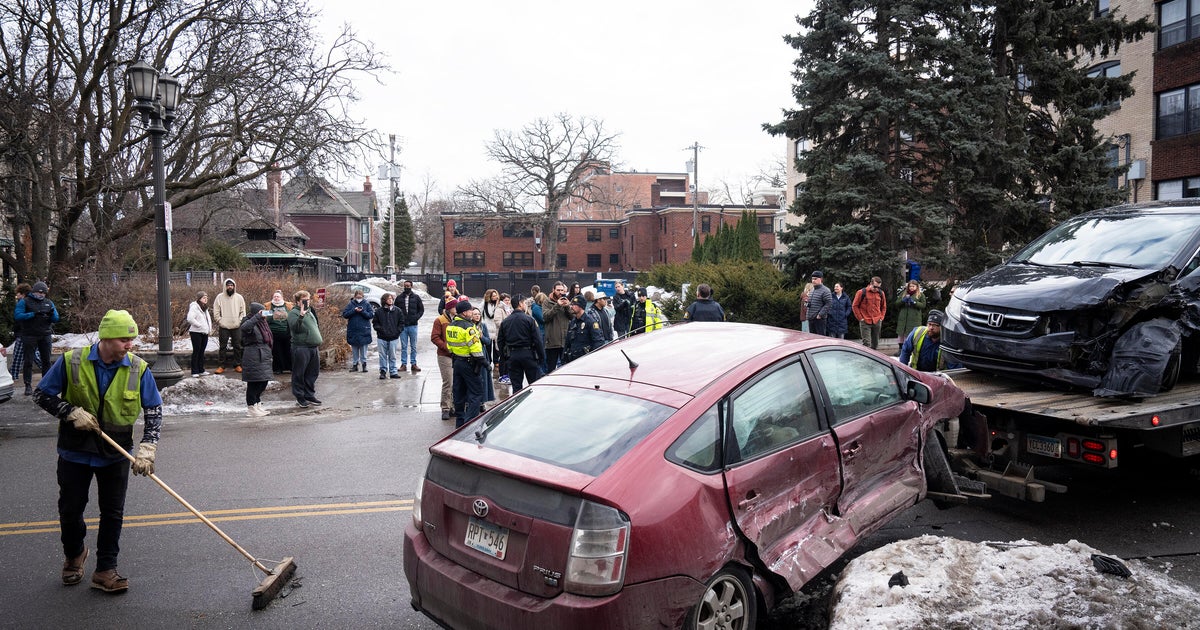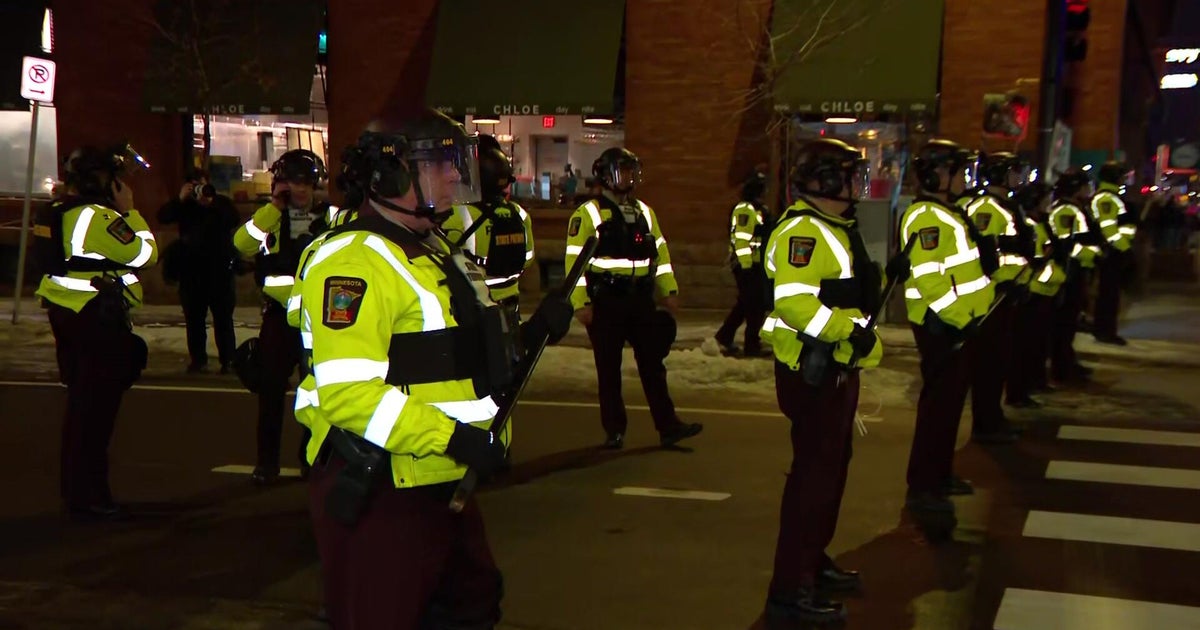Whitman Says Brown Lying About Her Immigration Views
LOS ANGELES (AP) -- Republican gubernatorial candidate Meg Whitman on Thursday accused her Democratic opponent of lying to voters about her stance on immigration to undercut her support among Latinos.
After meeting with Latino metal workers during a campaign stop in South Los Angeles, Whitman said Jerry Brown lied when he said she supports Arizona's tough new law to curb illegal immigration, which put local police officers on the front lines of enforcing federal immigration law.
"He is saying that I am for the Arizona law. It's a bold-faced lie," Whitman said.
"I have been so firm on this," she added. "It makes me mad he is just out there telling lies."
In the Republican primary, the billionaire former chief executive of eBay said she supported Arizona's right to enact its own laws but would not sign such a law in California.
When the candidates met for their second debate earlier this month in Fresno, Brown accused Whitman of trying to have it both ways on immigration.
"As far as the Arizona law, she's says the Arizona law is OK for Arizona. So she's for the Arizona law for the people who are suffering right now, the people who are cleaners in Arizona," Brown said at the Oct. 2 debate. "Here in California where they're not proposing the law, she says it doesn't apply here."
Asked about Whitman's accusation Thursday, Brown declined to comment to reporters after a campaign event at San Diego State University, where he spoke about education and his experience in government.
"I couldn't comment. I'd like to see it," Brown said when told about Whitman's comments.
One of the state's largest unions has been mailing campaign fliers to decline-to-state voters and Hispanic households reinforcing Brown's message that Whitman supports the immigration law for Arizona.
A Spanish-language radio campaign ad from the Brown campaign features an announcer simply stating that Whitman supports the Arizona law, a characterization campaign spokesman Sterling Clifford defended Thursday. He called Whitman's accusations "ridiculous" and noted that Whitman's Spanish-language billboards express her opposition of the Arizona law without noting that she supports that state's right to pass it.
Whitman has been courting the state's Latino community in the run-up to the Nov. 2 election and said she cannot win without Hispanic support. But Whitman also said she does not support allowing illegal immigrants to obtain California driver's licenses.
Polls taken over the summer suggested Whitman was making inroads among Latinos with her aggressive advertising and outreach in the Central Valley, Los Angeles and other areas with a high proportion of Hispanic residents. But the momentum appears to have swung to Brown, who rolled out his campaign after Labor Day.
A Public Policy Institute of California poll released Wednesday showed Brown with support from 51 percent of likely Hispanic voters, compared to 22 percent support for Whitman.
Whitman drew negative coverage this fall after the revelation she had an illegal immigrant housekeeper for nine years, a woman whom she described as an extended member of her family. Whitman said she fired the woman when she discovered she was illegal and then rebuffed the housekeeper's request for help with her status.
"I don't think it's going to hurt me" with Hispanic voters, she said Thursday.
Whitman's criticism of Brown comes the day the nation's largest Spanish-language newspaper, La Opinion, endorsed the state's attorney general, saying he would bring a "more inclusive and pragmatic approach" to solving the state's problems.
A few dozen nurses wearing red T-shirts protested outside Whitman's event, shouting "Meg Whitman doesn't care. California be aware." The California Nurses Association, which launched a statewide bus tour Thursday, has been a vocal and colorful critic of Whitman, who they fear will roll back regulations intended to safeguard patients.
Whitman has said she supports the current nurse-patient ratios, although union officials say they don't trust her to follow through.
They were forced to remain on the street after security locked the gates at the plant.
"They might lock us out, but they aren't going to silence our voices," said Malinda Markowitz, a registered nurse and co-president of the association.
(© 2010 The Associated Press. All Rights Reserved. This material may not be published, broadcast, rewritten or redistributed.)







